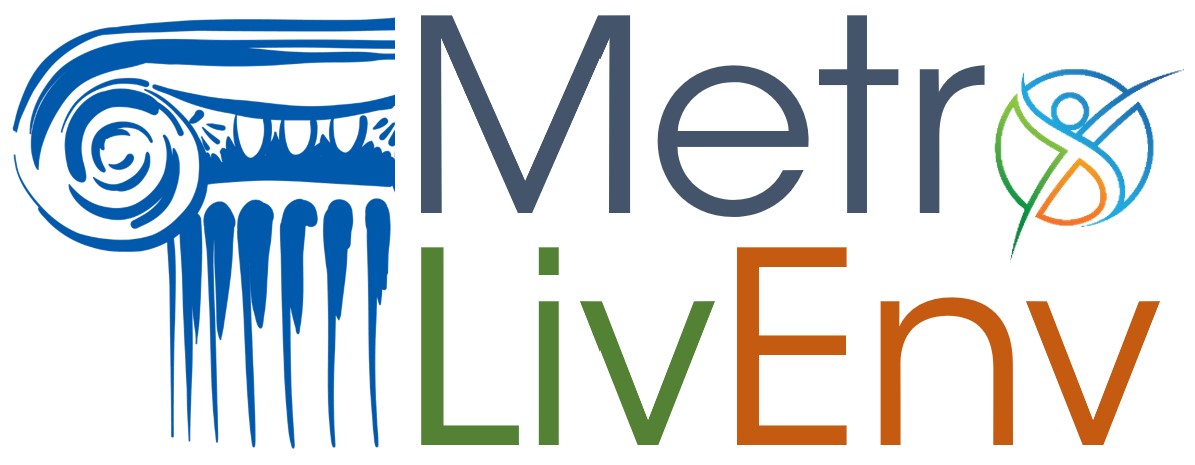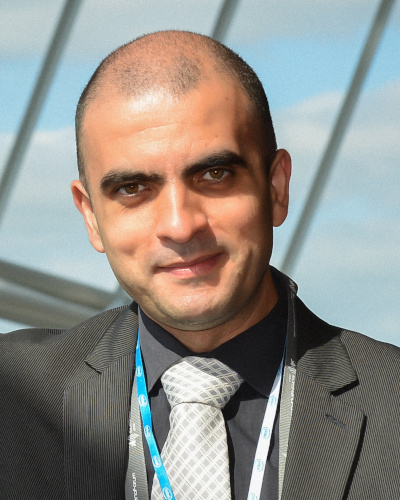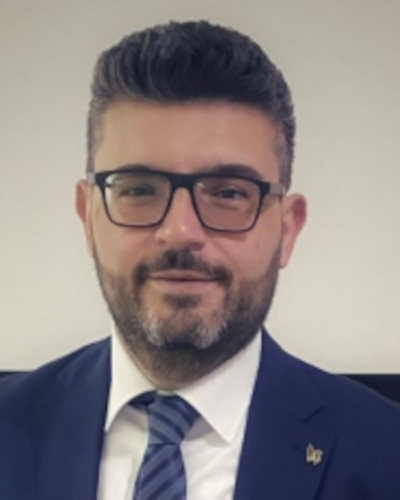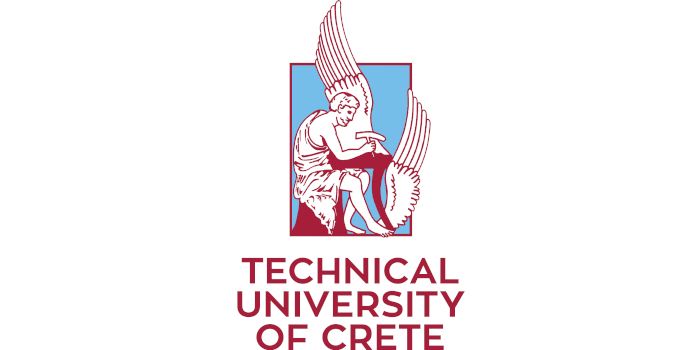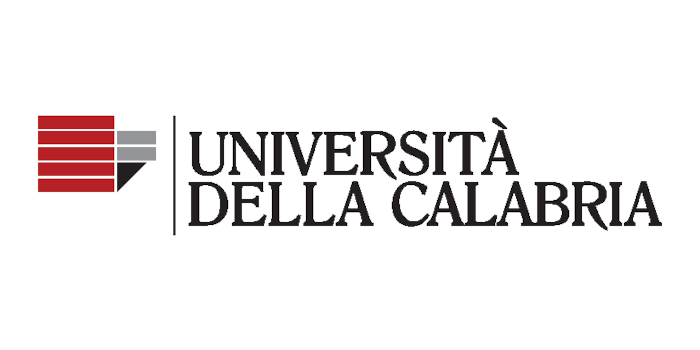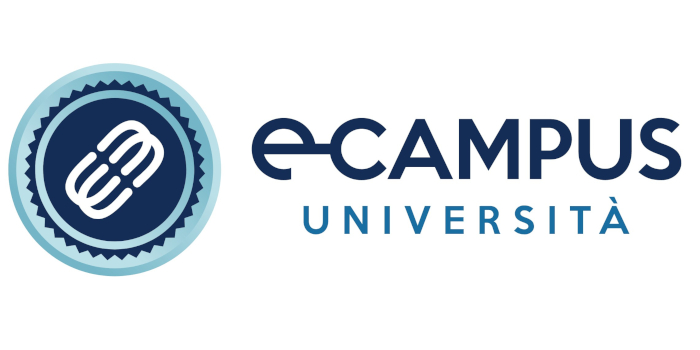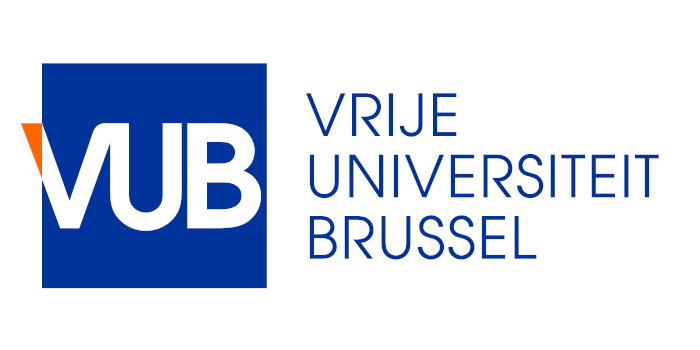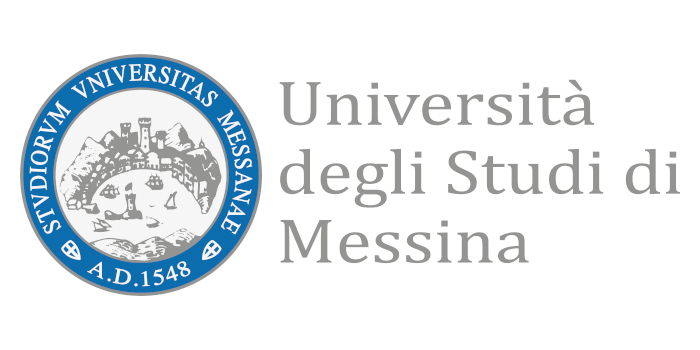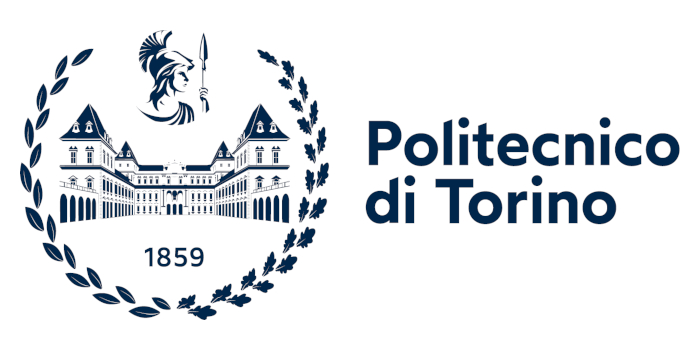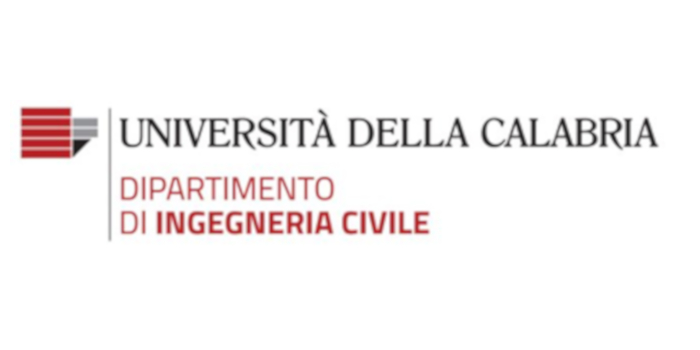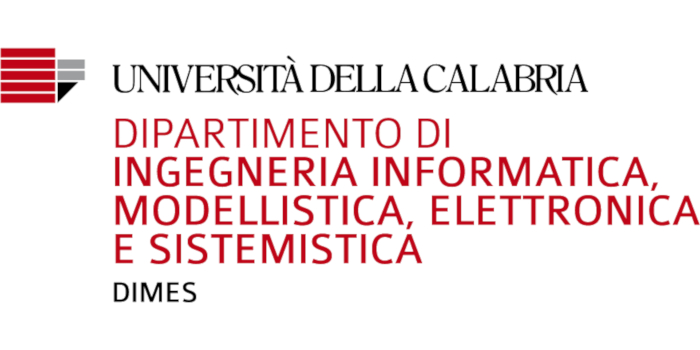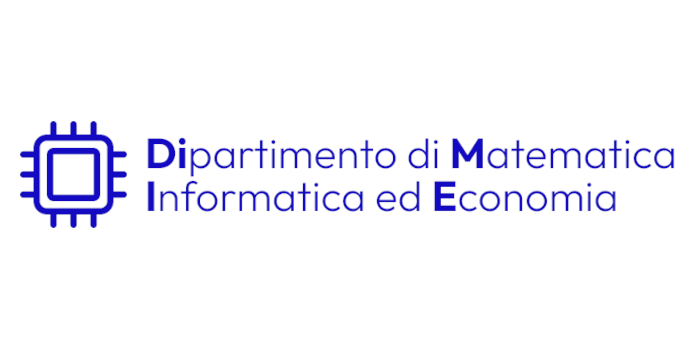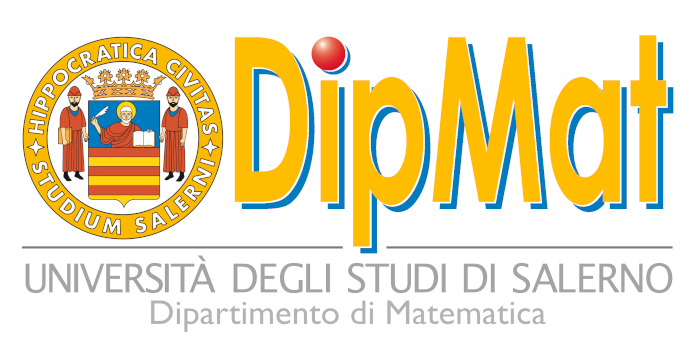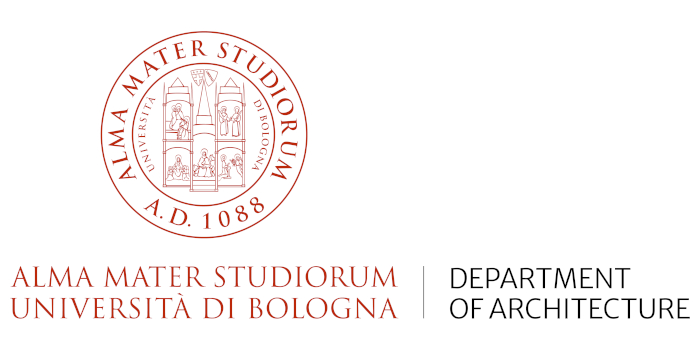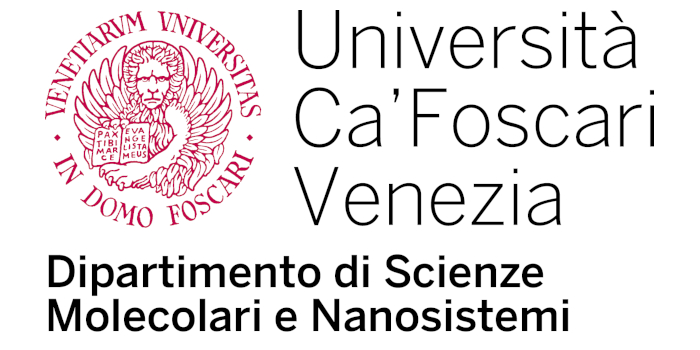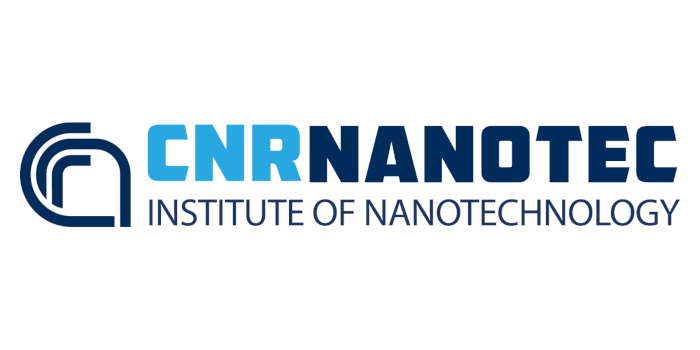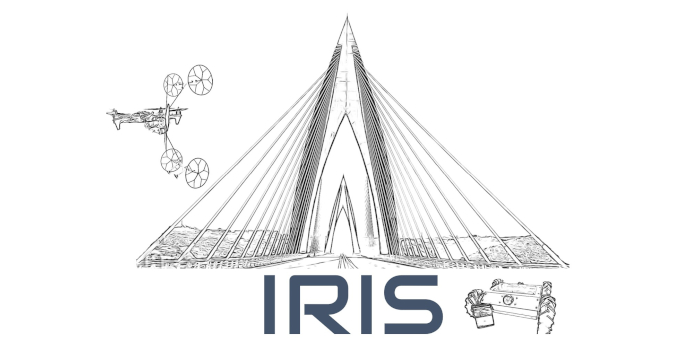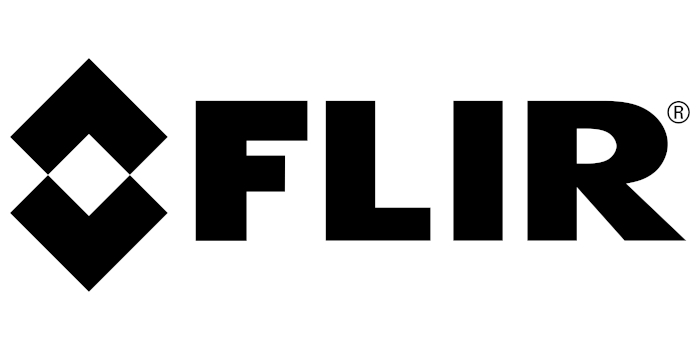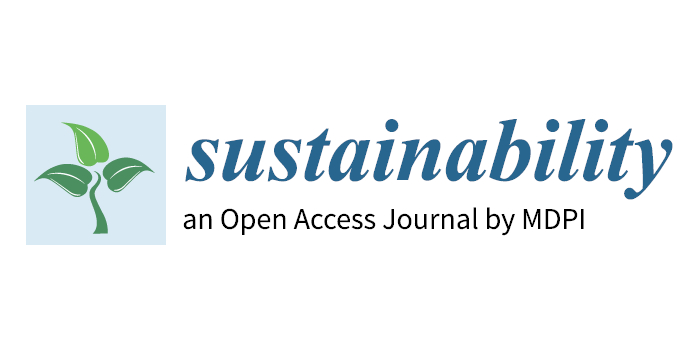SPECIAL SESSION #1
New non-intrusive IoT paradigms based on unconventional AI approaches for and by measurement systems and methods
ORGANIZED BY
Peppino Fazio
Ca' Foscari University of Venice, Department of Molecular Sciences and Nanosystems, Italy
Francesco Lamonaca
University of Calabria, DIMES, Italy
ABSTRACT
In the last decades, the attention to energy management and emissions reduction has grown out of greater awareness and acceptance of the critical ecological issues arising from CO2 pollution. Energy consumption optimization is known to be based on efficient, conscious and optimized resource utilization.
As regards the already existing buildings, the IoT is penetrating the market with the depolyment of a huge set of sensors, which can be considered to be very intrusive. This session, instead, is dedicated (but not limited) to the last research results regarding the deployment of the IoT paradigm in a non-intrusive way, by limiting the number of new sensors to be added into the environment and by exploiting, instead, the strength of the last Machine Learning (ML) and Artificial Intelligence (AI) approaches, which are able to extract implicit features from aggregate entities (such as the overall energy consumption in domestic or industrial environments, crowd mobility data, aggregated temperature/humidity data, and so on).
TOPICS
This special session is aimed to (but not limited to) the collection of new and innovative works regarding:
- Non-Intrusive Load Monitoring for Domestic or Industrial Environments;
- Sampling Frequency Optimization for IoT Data Collection and Mining;
- Application of Novel ML and AI Algorithms and/or Protocols for Energy Consumption Optimization;
- Data Disaggregation for Devices Recognition and/or User Behavior Optimization;
- Unconventional Approaches for Measured Data Classification or Prediction;
- Measured Data Domain Mapping (e.g. from time to frequency, from data to image, from data to sound, etc.), for Optimized Features Extraction.
ABOUT THE ORGANIZERS
Peppino Fazio, was born 1977 in Italy, he received the PhD. degree in Electronics and Communications Engineering, University of Calabria (UNICAL - Italy) in 2008 and completed his habilitation as Associate Professor in 2017, after being an Assistant Professor at DIMES Dept. (UNICAL) until 2016. Now he is Assistant Professor at the Ca’ Foscari University of Venice, in the Department of Molecular Sciences and Nanosystems. He is co-author of more than 120 papers (52 in International Journals), all indexed in Scopus and/or WoS. His reputation in the open community network Research Gate, measured by RGScore (885.2), is higher than 92% of ResearchGate members. His research interests include mobile communication networks, QoS architectures and interworking, wireless and wired networks, mobility modelling for WLAN environments, mobility analysis for prediction purposes, routing, vehicular networking, MANET, VANET and Quantum Key Distribution Systems (QKD Systems).
Francesco Lamonaca, (M’11–SM’16) received: M.S. degree in Computer Science Engineering in 2005 and
Ph.D. degree in Computer and System Science in 2010 from the University of Calabria, Italy; doctorate
equivalences in Science (2010) and Engineering Science (2011) from the Université Libre de Bruxelles,
Belgium. He is now associate professor of Electronic Measurements at the University of Calabria. In 2020 he
achieved the National Habilitation to Full Professor in Electric and Electronic Measurements. He is member
of the National Research Council of Italy, Institute of Nanotechnology (CNR-NANOTEC) and Fellow of the
Bruxelles Research Institute for Advanced Studies (BRIAS).
He is the Editor in Chief of Acta IMEKO, the electronic Journal of the International Measurement
Confederation (IMEKO). He was Officer (until July 2023) and now he is Vice-Officer of Commission A–
Electromagnetic Metrology of the Union Radio Scientifique Internationale (International Union of Radio
Sciences) - Italian National Committee. He is Senior Member IEEE and member of: TC-10 - Waveform
Generation, Measurement & Analysis, TC 25 Medical Measurement and TC-37 - Measurements and
Networking of the IEEE Society on Instrumentation and Measurement (IM), IEEE, IM, GMEE, IAHR,
International Measurement Confederation (IMEKO), I-RIM (Italian Institute of Robotics and Intelligent
Machines).
He has authored and co-authored over 180 papers published in international journals and conference
proceedings. He won several national and international competitions as first classified. He was honored with
several awards, among these: TE-RE-RD, Best Paper Awards 2014 and 2020, Best Poster Award 2019, IEEE
Vehicular Technology/Communication Society Joint Chapter Italy Section concerning with innovative ideas
against Corona Virus, 2020, Bronze Best Paper Award I4SDG 2023, several outstanding reviewer awards.
He is General Chair of IEEE workshop on Metrology for Living Environment (2022, 2023, 2024) and IEEE
conference on Metrology for Archaeology (2022). He organized and chaired several conference special
sessions and journal special issues in the field of measurements, distributed monitoring systems, time
synchronization, structural health monitoring, distributed measurement system AI and IoT based, and
measurement for health. His current researches include: measurements, measurements for robotics, robotics
for measurements, signal and image processing and standardization, structural health monitoring,
noninvasive monitoring and testing, IoT based monitoring systems, synchronization of networking
measurement instruments and sensors, measurements for medical use, measurements and systems for the
elaboration of measurement information based on artificial intelligence.
